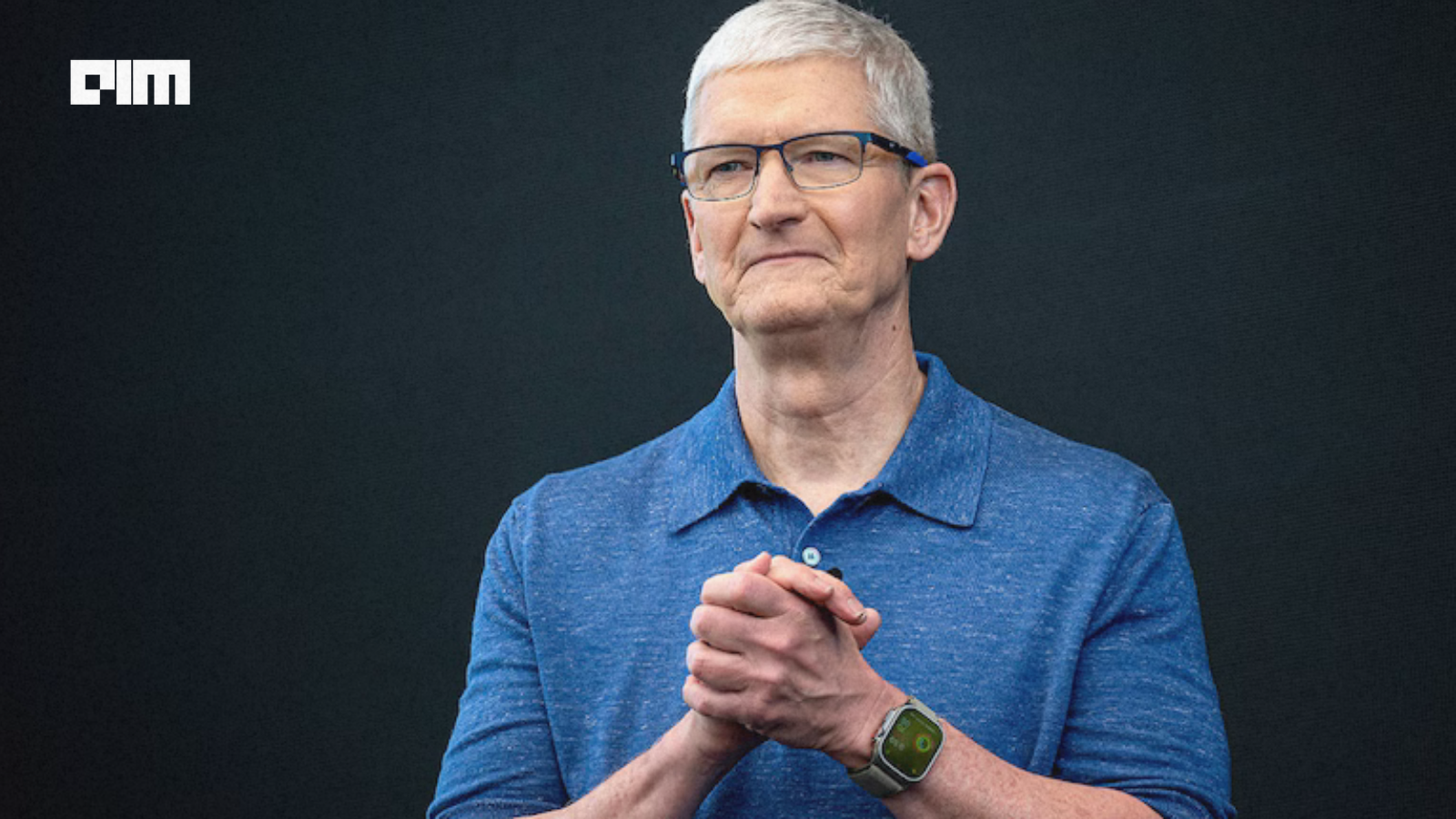Apple is once again trying to reimagine Siri. The company has built an internal chatbot, codenamed Veritas, that looks and feels a lot like ChatGPT. Employees can use it to ask questions, carry on extended conversations, and even test new features like searching through personal data or editing photos with voice commands. The tool isn’t intended for public release, at least not yet. Instead, it’s a proving ground for a revamped Siri that Apple now says could arrive in early 2026, years after its rivals leapt ahead in the AI race.
The delay is Apple’s central challenge: how can they deliver an assistant that is more than a gimmick without undermining its reputation for reliability? When OpenAI and Google pushed generative AI tools into the hands of millions, Apple largely stayed on the sidelines. Its big AI initiative, called Apple Intelligence, was announced with fanfare in 2024, but the most anticipated part (the smarter Siri) never materialized. For Apple, the promise of a Siri that could understand context, act across apps, and handle natural back-and-forth conversations remains just that: a promise.
That gap is beginning to carry costs. In March, Apple was hit with a consolidated class-action lawsuit alleging that it misled consumers by advertising new Siri capabilities with the iPhone 16 launch that were not actually ready. Plaintiffs argue that Apple used AI hype to drive upgrades and then quietly walked back its commitments, pointing to ads that featured an enhanced Siri, ads the company later pulled. Apple has asked the court to dismiss the case, arguing that feature rollouts were always framed as phased and that customers have already received dozens of other Apple Intelligence tools. Still, the lawsuit highlights how much Apple’s handling of AI has chipped away at its reputation for only announcing features when they’re truly ready.
Inside Cupertino, the Siri revamp has also been a source of upheaval. Engineering failures reportedly caused the new features to break as much as a third of the time during testing. Those setbacks led to a reshuffling of leadership: John Giannandrea, who once oversaw AI, was sidelined, and control of Siri moved under Craig Federighi’s software organization. Some senior Siri developers have already left for competitors like Meta. The company’s new strategy involves combining its own large language models with an external partner (Google’s Gemini is the frontrunner) to deliver both on-device privacy and cloud-based horsepower. That hybrid approach is pragmatic, but it also shows how far Apple still has to go to match rivals’ progress.
What makes this effort particularly interesting is how Apple itself has been framing the limits of current AI. Earlier this year, its researchers published a paper called The Illusion of Thinking, which argued that so-called reasoning models aren’t actually reasoning at all. They’re sophisticated pattern matchers that break down when confronted with truly complex tasks. The paper suggested that today’s chatbots, however fluent, are ultimately brittle.
This perspective may explain why Apple is moving more cautiously. The company knows it cannot win by releasing a half-baked chatbot that produces unreliable results. A Siri that fails publicly would be worse than one that is merely delayed. Apple’s bet is that it can design a system that looks like a dependable layer of the iPhone: capable of acting on messages, photos, reminders, and settings with the same reliability as existing iOS features. That’s also what many of its customers want. As one comment on Reddit put it, users aren’t demanding a digital philosopher; they just want Siri to reliably send a song, apply a photo filter, or find an old text.
The risk is that Apple’s competitors won’t wait. OpenAI, Google, and Microsoft are improving their models every few months, not years. Each new iteration raises the bar for what users expect. If Apple ships its revamped Siri in 2026 and it can’t match the fluidity of ChatGPT or Gemini, it will look dated the moment it arrives. Worse, by leaning on external models for general knowledge and reasoning, Apple risks losing control of a core technology while continuing to bear the reputational burden if it fails.
There’s a narrow path where Apple can still win. If it delivers a Siri that can perform real actions across apps with a high degree of reliability (and does so while preserving user privacy) it could carve out a distinct role in the market. Apple has always excelled at integrating hardware and software in ways that feel seamless; applying that same philosophy to AI could set Siri apart. The company has also been willing to endure years of skepticism before getting things right, as it did with the Apple Watch and Apple Silicon.
Still, the stakes are high. Siri has long been seen as a missed opportunity, an early lead that Apple squandered. With Veritas and the broader Siri overhaul, the company presumably knows this may be its last chance to change that narrative.













